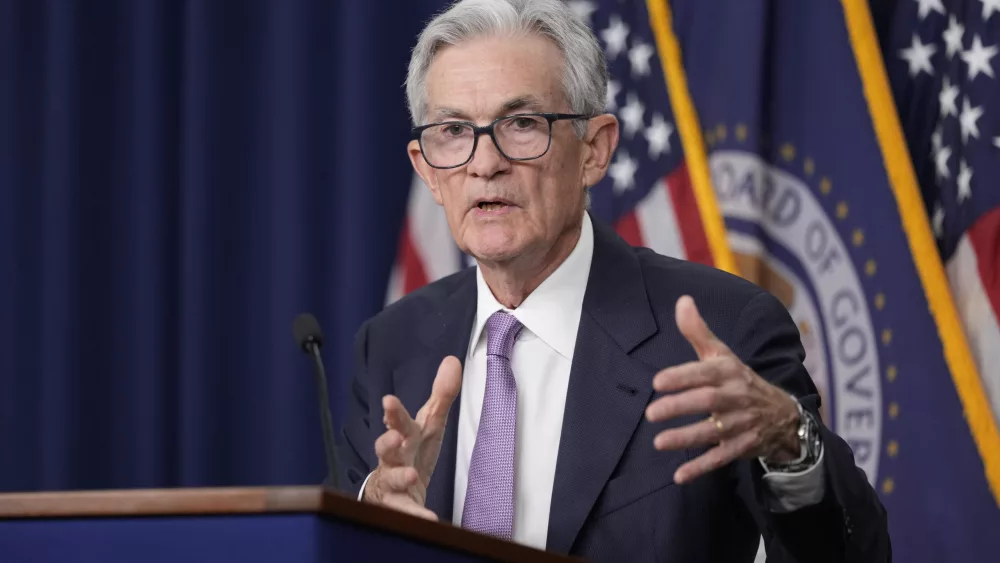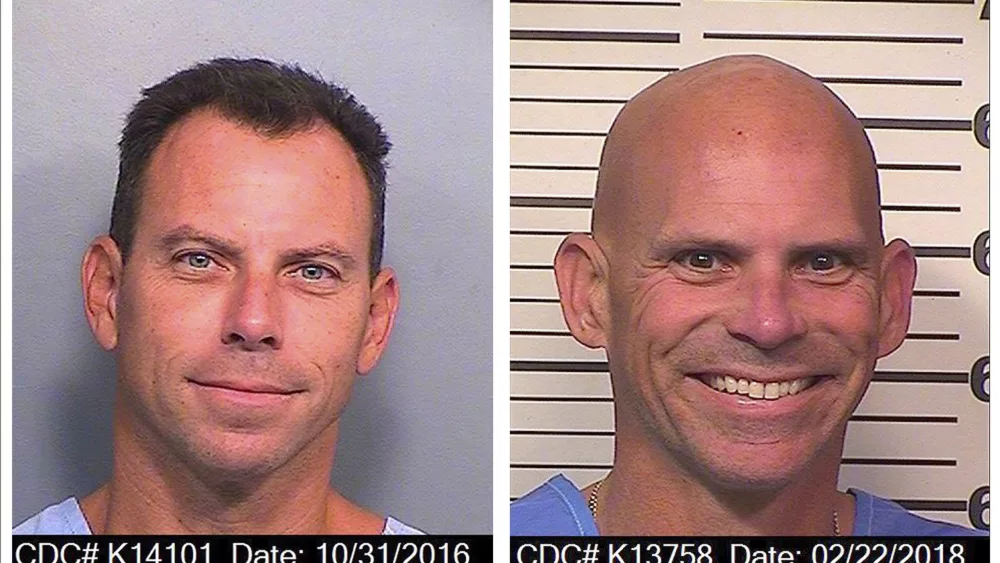By Nate Raymond
(Reuters) – A federal judge on Wednesday blocked California’s attorney general from enforcing a new law that allows residents, the state and local governments to sue members of the firearms industry that manufacture or sell “abnormally dangerous” guns.
U.S. District Judge Andrew Schopler in San Diego sided with a firearms industry trade association in finding that part of a gun control measure signed into law by Democratic Governor Gavin Newsom in 2022 was likely unconstitutional.
That law, the Firearm Industry Responsibility Act, was enacted shortly after the conservative-majority U.S. Supreme Court issued a landmark ruling in June 2022 concerning the U.S. Constitution’s Second Amendment that significantly expanded gun rights.
Newsom, in signing the new state firearms restrictions into law in July 2022, called them necessary to ensure makers of deadly firearms could be held accountable in court and could “no longer hide from the mass destruction that they have caused.”
But in a lawsuit filed in May, the National Shooting Sports Foundation (NSSF) argued California’s restrictions violated several provisions of the U.S. Constitution including the Second Amendment, which protects the right to keep and bear arms.
Schopler, an appointee of Democratic President Joe Biden, did not address the Second Amendment issue in Wednesday’s ruling and instead found the law likely violated the Constitution’s so-called dormant Commerce Clause, which restricts states from interfering with interstate commerce.
For example, he said, a Tennessee company that manufacturers guns that are legal in its state but that meet California’s definition of “abnormally dangerous” could still face liability under the law even its products were shipped to nearby Arizona and used later to commit a crime in California.
“Because the ‘abnormally dangerous’ firearm rule reaches beyond California’s borders and directly regulates out-of-state commercial transactions, it likely runs afoul of the dormant Commerce Clause,” Schopler wrote.
He issued a preliminary injunction barring California Attorney General Rob Bonta, a Democrat, from suing NSSF’s members while the lawsuit moves forward. Bonta’s office did not respond to a request for comment.
Lawrence Keane, the NSSF’s general counsel, in a statement welcomed the ruling, saying the law “attempts to use the real threat of liability on commerce beyond California’s border and impose its policy choices on other states.”
The judge dismissed other parts of NSSF’s lawsuit challenging other provisions of the law, citing a lack of standing, though he allowed NSSF to amend its complaint to try to address those issues.
(Reporting by Nate Raymond in Boston; Editing by Christian Schmollinger)
Brought to you by www.srnnews.com







